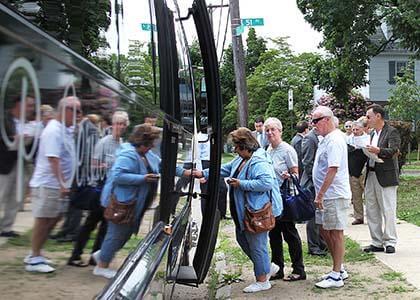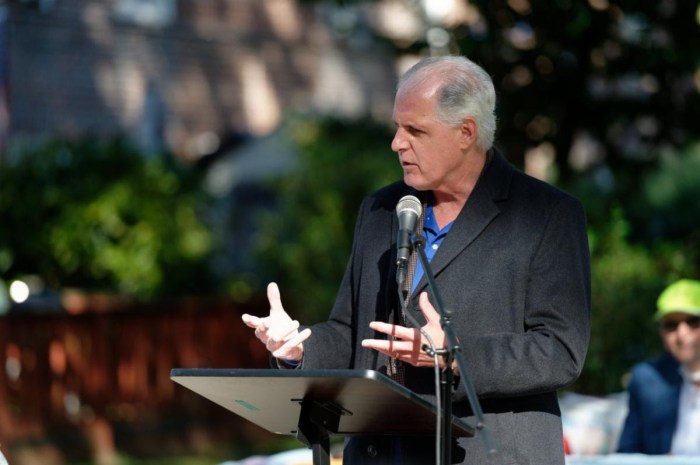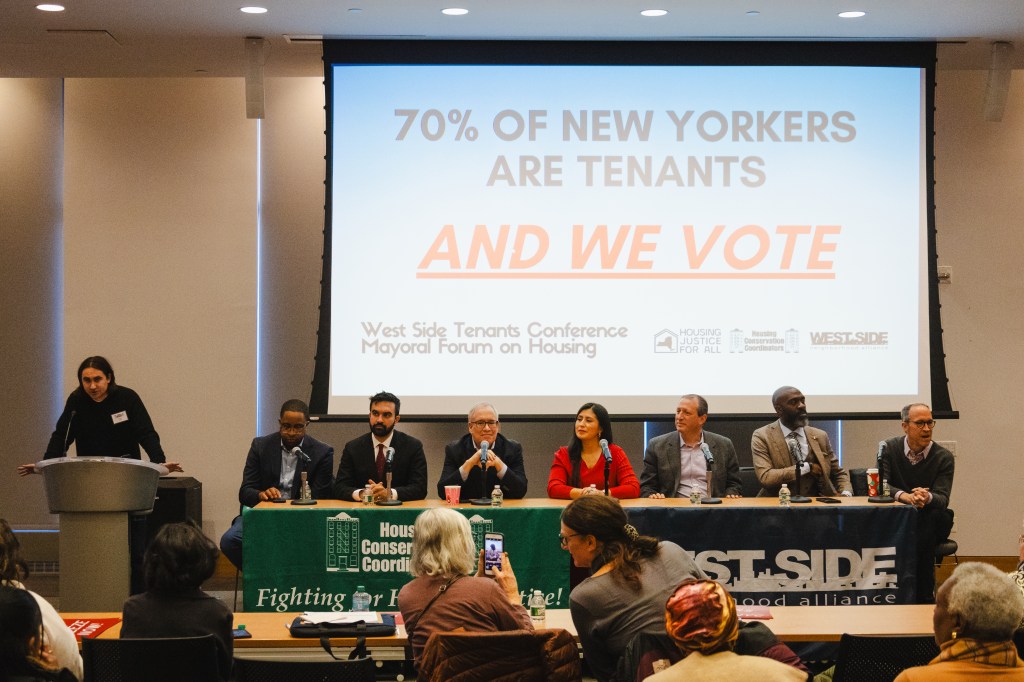By Rich Bockmann
As the city Board of Standards and Appeals waits to reconvene the hearing involving a Bayside Hills home next month, City Councilman Dan Halloran (R-Whitestone) has introduced two pieces of legislation designed to give the community more recourse on uncharacteristic development.
Halloran said the bills were partly inspired by the BSA process for the home at 50-20 216th St., whose developer seeks a variance in order to build a second home next to an existing one on a subdivided lot.
Both Community Board 11 and Borough President Helen Marshall’s office oppose granting the variance. The Bayside Hills Civic Association — along with a number of politicians — have vociferously protested the application through rallies and busing neighborhood residents to the developer’s July 26 hearing in Manhattan.
The next hearing for the home is Sept. 13.
“Zoning variances are a powerful tool, which some developers have used to fundamentally change our neighborhoods,” Halloran said in a written statement. “Bayside Hills, for example, is a cozy community made up of low-rise, low-density homes. Our current laws let developers run wild with variances and don’t provide us with a way to keep them in line and preserve the character of our communities.”
The first of the two bills would give the community board and the borough president the power to appeal BSA variance decisions to the Council.
Currently, BSA decisions are final. If passed, the law would call for a Council committee to hold a public hearing on appeals. The full Council would then vote on the committee’s recommendation.
“Our city’s charter put the Council, not an unelected board, in charge of land use decisions,” Halloran wrote. “These laws would give the land use authority in New York City back to the City Council and would increase the vital role that the community board plays in the process.”
The second bill would impose fines upon homeowners who either violate or fail to comply with BSA requirements or operate with an expired variance.
Halloran said there is presently no penalty for a property operating with an expired variance, which he called a “major loophole” that leaves both the community and community board virtually powerless.
The bill would fine property owners in violation of BSA requirements up to $250. It would also require the board to send out notices six months before a property’s variance expires. If the variance is not renewed, the homeowner would be fined $500 for every six-month period thereafter until a homeowner applies for an extension of the variance.
Community Board 11 Chairman Jerry Iannece said he supported the councilman’s efforts and added he had brought the idea up before the board several years ago.
“This isn’t anything new. In fact, I think Tony Avella as a councilman introduced a similar type of act where the BSA wouldn’t be the final word. I applaud him and hope he has better luck with it,” he said.
Reach reporter Rich Bockmann by e-mail at rbockmann@cnglocal.com or by phone at 718-260-4574.



































